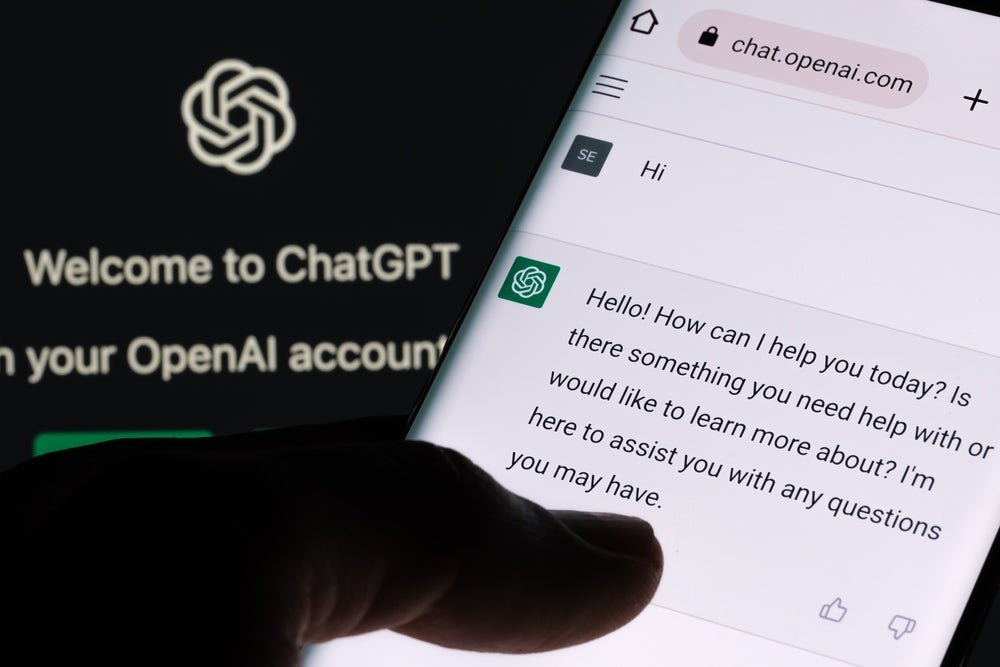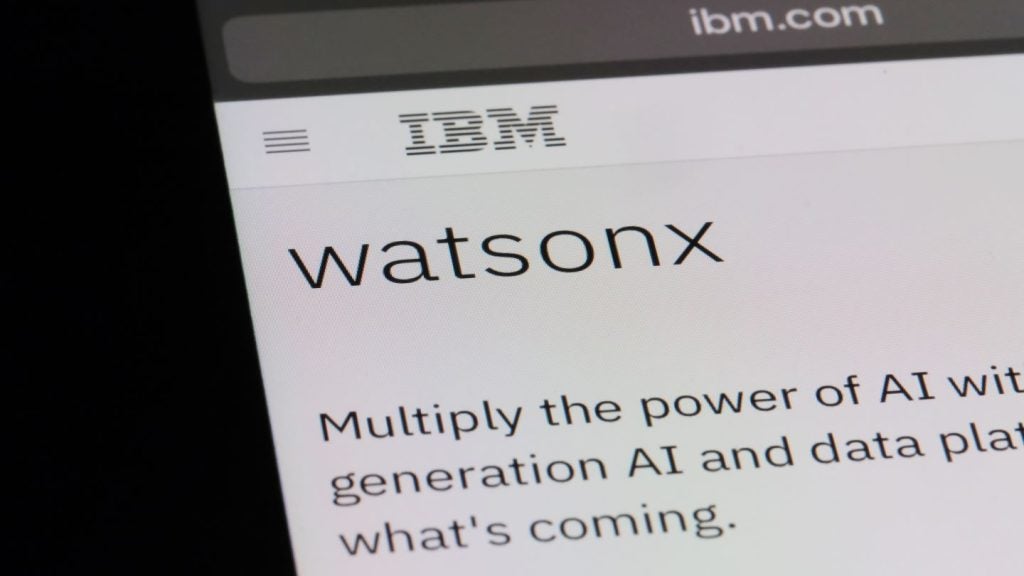
People are starting to fear generative AI solutions like ChatGPT and DALL-E. They are right to do so.
The developers behind these solutions have trained them on oceans of data. The result is astounding. Over the past few months, digital art produced by generative AI solutions have beaten real artists in competitions.
ChatGPT has, among other things, passed the legal bar, written movie scripts, debugged code, produced children’s books, underlined the development of digital wives and written erotica.
With results like these, it’s easy to see how generative AI solutions have wowed everyone from tech wonks and university boffins to the Twitterati and regular Joes on the street.
“We’ve only seen the very tip of the iceberg,” Rena Bhattacharyya, service director at GlobalData, said in a recent podcast from the research firm.
However, she warned that the technology could also exacerbate the proliferation of fake news. For intance, it could be use to create even more realistic deepfakes, AI-rendered videos where real people can be made to look like they’ve done things they’d never do in real life. Those fears were turned up a notch in September when Dall-E 2 started to allow users to upload and edit faces with its text-to-image AI technology – after previously banning them due to fears of misuse.
How well do you really know your competitors?
Access the most comprehensive Company Profiles on the market, powered by GlobalData. Save hours of research. Gain competitive edge.

Thank you!
Your download email will arrive shortly
Not ready to buy yet? Download a free sample
We are confident about the unique quality of our Company Profiles. However, we want you to make the most beneficial decision for your business, so we offer a free sample that you can download by submitting the below form
By GlobalData“It could make politicians say anything,” Bhattacharyya said. “Just use your imagination. You can come up with a full range of ways this can be us that are not for the public good.
The fear over generative AI solutions like ChatGPT is rising
She is not alone in voicing concerns about generative AI solutions like ChatGPT. A range of concerned parties have made their trepidation about the technology known over the past few months.
Artists and journalists worry that they could be out of a job if the technology becomes more commonplace. Teachers fear they could enable students to cheat.
Businesses are also worried that company secrets will slip out into the wild when their staff members use these solutions. Amazon and Microsoft have warned workers against sharing sensitive information with the solutions for that very reason, fearing ChatGPT would use the companies’ confidential code to train its future stories.
Then, of course, there are always fringe fears such as memes created by these solutions spawning moral panics like the infamous Momo Challenge Hoax of 2018. The frenzy kicked off after news spread about a challenge that pushed kids to participate in a string of increasingly more dangerous tasks, culminating in their suicides. There were no actual reports about that happening.
So far there haven’t been any signs that a similar moral panic caused by scary memes like Loab, generated by generative AI solutions.
Could ChatGPT revolutionise coding?
Some suggest generative AI solutions like ChatGPT could be used to revolutionise the future of coding.
“What’s most intriguing and encouraging is how this technology is really nicely positioned to help coders and non coders alike in tackling some of the really tricky app modernisation and app development in ways that they never could have before,” Charlotte Dunlap, research director at GlobalData, said in the podcast.
She suggested that would-be coders could sidestep the cumbersome process of learning the intimate minutia of coding by relying on ChatGPT for the base of scripts. Dunlap also said it could save “hours and hours of time” at developer work.
However, ChatGPT and other generative AI tools’ output is far from perfect.
In December, software bug site Stack Overflow temporarily banned any responses to questions generated by ChatGPT because the quality of the answers were too poor.
“Overall, because the average rate of getting correct answers from ChatGPT is too low, the posting of answers created by ChatGPT is substantially harmful to the site and to users who are asking and looking for correct answers,” the moderators wrote about the temporary ban.
Detractors have levied similar criticisms about the stories, papers and articles produced by generative AI tools, saying ChatGPT’s stories are rife with factual errors and that they are shallow at best.







